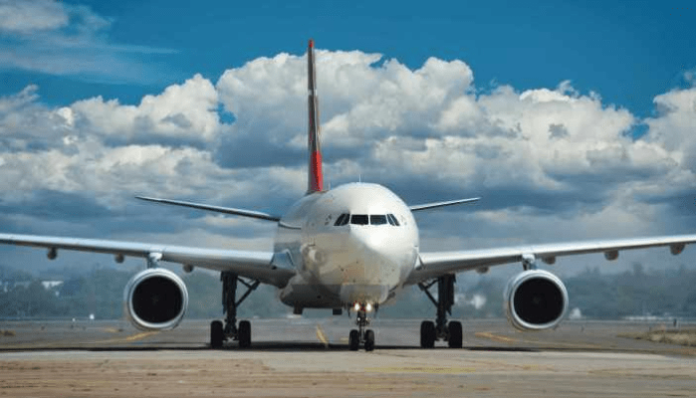The African Airlines Association (AFRAA) has shared some exciting news about the aviation industry in Africa. Their July 2024 report shows a period of growth and recovery for airlines across the continent, with a 7 per cent increase in available seats for travelers.
AFRAA’s report highlights that both passenger traffic and the airlines’ ability to offer more flights have seen solid progress. This means more routes, better connections between cities, and a rise in demand for both domestic and international travel.
Across the entire continent, airlines offered 17 million seats in July 2024, which is a significant jump compared to July 2023. On routes within Africa itself, seat availability also went up by 3 per cent, thanks to the launch of new flight paths, expanded networks, and upgrades to the airlines’ fleets.
Additionally, the industry saw a 9 per cent growth in Available Seat Kilometers (ASKs) in July 2024, a key metric that shows how much capacity airlines are adding. At the same time, the Revenue Passenger Kilometers (RPKs), which is the actual distance traveled by paying passengers, increased by 1.3 per cent. This shows that not only are more flights being offered, but more people are actually booking and taking these flights, a positive sign for the industry.
Looking ahead, AFRAA is optimistic. They predict that African airlines will see a 15 per cent boost in passenger traffic by the end of 2024 compared to the previous year. They also expect that African airlines will have an almost equal share of the international market, with 50.1 per cent of the flights,
While non-African airlines will account for the remaining 49.9 per cent. However, when it comes to long-haul flights between continents, non-African airlines still hold the majority with 62.9 per cent, while African carriers take the remaining 37.1 per cent.
African airport hubs, such as those in Addis Ababa, Johannesburg, Lusaka, and Lomé, are also expanding rapidly. These hubs are becoming key connection points for travelers, which has helped increase passenger revenues. In May 2024 alone, the revenue from passengers reached a strong US$1.66 billion, showing a 4 per cent increase compared to the previous month.
On the downside, the aviation industry is still facing challenges when it comes to fuel costs. The global price of jet fuel remains unpredictable, and by the end of July 2024, the price per barrel averaged $98.68. Though this was a slight drop of 2.1 per cent from the previous week,i
It remains an issue that airlines need to keep an eye on. Despite this, the African aviation sector is proving to be resilient, growing stronger with positive trends in most areas. However, to keep this momentum going, the industry must continue to tackle hurdles like fuel price instability.




